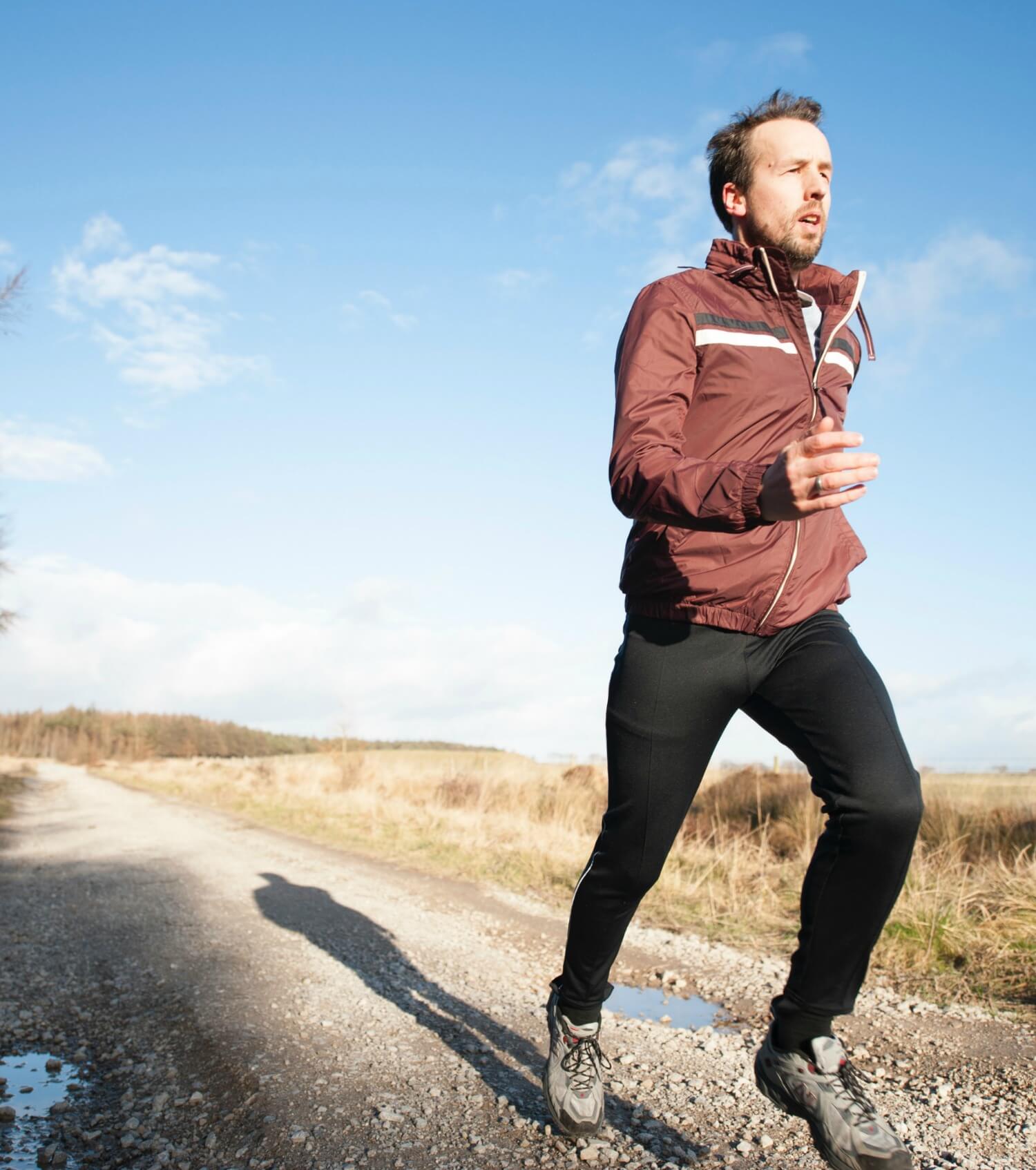Whether you’re brand new to running or a stallion on the track, running is an excellent way to lose weight and stay in shape.
Running is a cardiovascular exercise, which means that it strengthens the heart. It not only helps to reduce a person’s weight and body fat, but it also reduces the risk of heart disease and related illnesses, such as heart attacks and strokes.
Of course, it is important that a healthy diet is a focus of your training plan – drink lots of water and always rely on whole, high-quality foods with essential nutrients, and stay away from supplements paired with low-quality, processed foods.
But how does this change when your running routine becomes more intense, and you start to become a more seasoned runner? This is especially appropriate for those looking to up their game and start running further distances, like marathons.
The Beginner Runner’s Diet
Brand new runners often drop weight significantly. However, as their bodies start adapting to running, that process slows. Because of this, new runners need to raise the intensity of their training to continue seeing positive results.
An appropriate threshold of physical activity paired with a high-quality, appetite-satisfying diet enables your body to burn fat and become lean. Even if you’re not exercising with the goal of losing weight, you still need the right combination of nutrients to feel energized on your runs and to stay injury-free.
Follow these diet tips to stay healthy and energized as you begin your training:
Eat three meals and two small snacks daily.
As a new runner, you should refrain from running on an empty stomach, but also stay away from eating a meal just before running. Instead, eat a little at a time throughout the day, which will keep you from feeling overly hungry or overeating.
Protein-rich foods, such as nuts, eggs, and lean meats, should make up 25 percent of your meals – avoid red, fatty meats. Try incorporating complex carbohydrates into your diet, such as whole fruits and vegetables, dairy, whole grains, potatoes, and legumes, which will help keep you full longer and give you the energy you need to perform your best.
Fruits and vegetables should dominate your plate.
Be sure that fruit makes up half of your breakfast and that half of your lunch and dinner each consist of vegetables. Whole foods are the most nutritious and fibrous when consumed closest to their natural state. So, in this case, it’s best to eat fruits and vegetables raw or slightly steamed.
Don’t overload on processed carbs.
Beginner runners will need to eat foods that are high in carbohydrates, but not all carbs are created equal.
Don’t confuse nutrient-rich, complex carbohydrates with processed carbohydrates. If your goal is to lose weight, you should avoid carbs like pasta, bread, and cereal, because they are heavily processed and are stripped of their nutrients. Complex carbohydrates, like vegetables, whole grains, and legumes, can fuel you for 30- to 60-minute runs, without the need for heavy carbs like pasta.
The Seasoned Runner’s Diet
For experienced, elite runners, it’s important to remember that as your body evolves, your goals and eating habits should as well. Maximize your training and continue to see results by following these tips:
Omit sugary drinks.
At this point in your training, your body is more used to a higher level of physical activity, and you should be drinking plenty of water each day. Sugary drinks, like soda and sports drinks, should be removed from your diet, because the main sugar component, fructose, does not affect your feeling of fullness. So, you still eat the same amount of food, but with additional sugar calories that are known to cause weight gain and have addictive properties.
Take your fruit and vegetable consumption to the next level.
Did you know that the different color pigments in fruits and vegetables have unique health benefits? Here’s the catch – single color pigments won’t do the trick because, in order to deliver their beneficial effects, the pigments in fresh produce need to interact with other color compounds. You can find more than 400 different pigments in the grocery store, and each one offers unique health benefits. Set a goal to eat five different colored fruits and vegetables daily. Fruit salads and vegetable medleys are an excellent way to mix it up!
Increase your carb intake.
Because your training is more intense than a beginner runner, you need more complex carbohydrates to give you an extra boost of energy. But, don’t think whole grain pasta is your only option! Instead, try whole grain rice or quinoa.
Consume at least 25 grams of fiber per day.
As your body gets used to more demanding physical activity, your metabolism naturally slows, and you won’t lose weight as quickly. To combat this, increase your consumption of whole foods that are high in fiber like peas, lentils, black beans, artichokes, broccoli, brussels sprouts, blackberries, raspberries, and avocados. These fibrous foods accelerate your metabolism and give you a feeling of fullness.
Whether you’re an amateur or a professional runner, keep it simple. Make sure you’re drinking a lot of water and consuming whole, nutrient-dense foods to keep you fueled and help you achieve and surpass your fitness goals.

